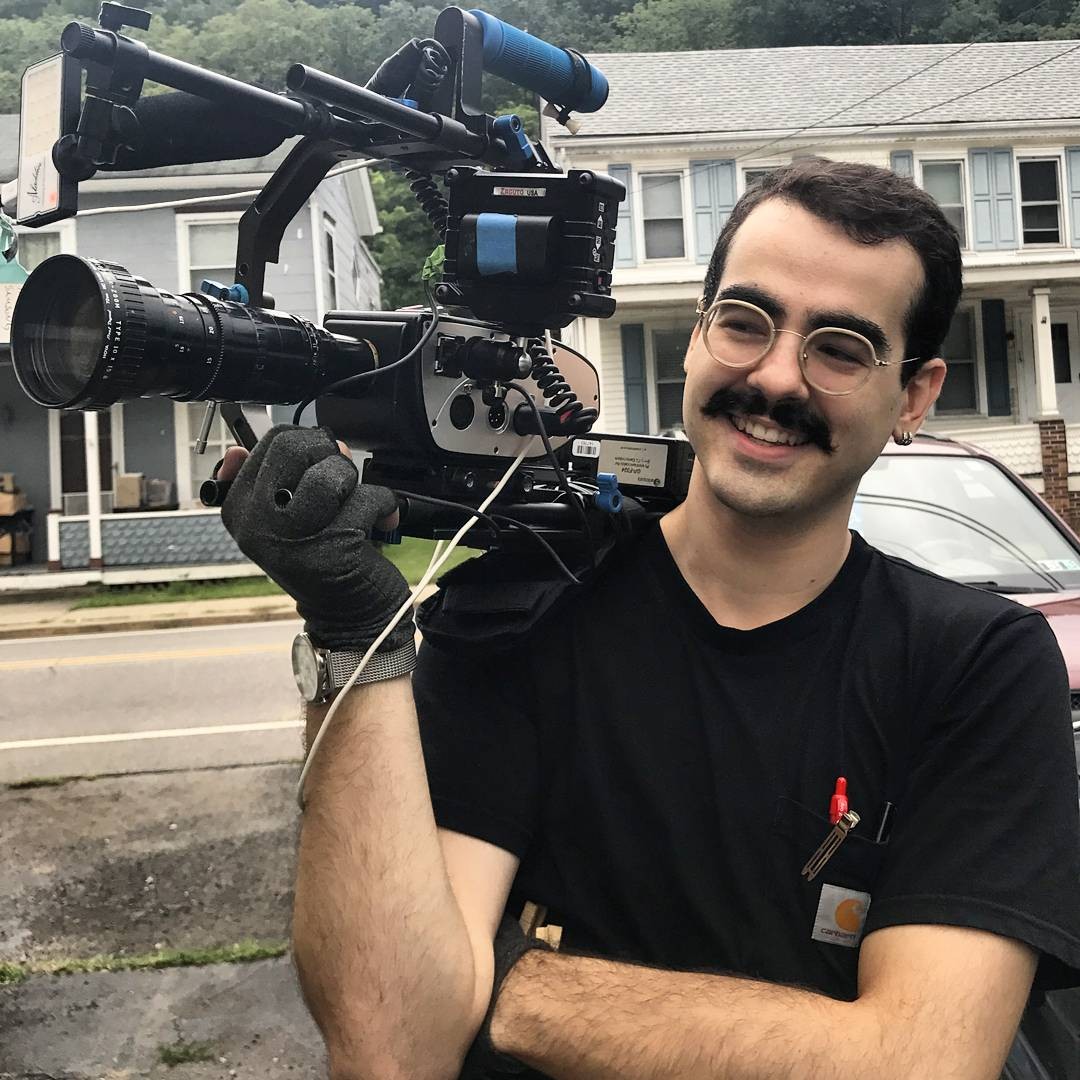We caught up with the brilliant and insightful Francis Corby Ceschin a few weeks ago and have shared our conversation below.
Francis, thanks for joining us, excited to have you contributing your stories and insights. Learning the craft is often a unique journey from every creative – we’d love to hear about your journey and if knowing what you know now, you would have done anything differently to speed up the learning process.
My first time working on a film set was when I was still in High School. I joined the crew of an NYU thesis project as an unpaid Production Assistant. On the first day, a prep day, I helped Art Department lay down chunks of (real) cow parts all over an abandoned slaughterhouse with a big smile on my face that not even the smell of rotting cow meat could take away. Then, the first day of shooting, I asked the sound mixer about the recording device he was using. He not only taught me how to use this professional piece of gear, he handed me the boom pole and a pair of headphones and before I knew it I was the boom operator for the rest of the shoot.
I guess I must have done a good job because soon after that I got asked to do it again and again and eventually working as a sound mixer/boom operator became my bread and butter for close to a decade.
Working in Sound department, you are right there in the middle of the action, tapped into the voice of each actor. You get to hear everything, including, most importantly, the director giving direction between takes(!), all in crystal-clear podcast-quality audio. Even though I knew I didn’t want to be working in sound forever, I always felt grateful to be on a film set.
I would frequently put my equipment down and walk around set with a little pocket notebook, asking other crew members about what they’re doing and why, what lenses or lights they were using, etc., always keen on learning a bit more every day.
If you want to direct your own films, you need to be open to the idea of not knowing anything and asking questions while being vulnerable (aka not being a smart-ass.) I’ve always found that the most talented people in the film industry were always the most generous, especially when it came to sharing their passion.
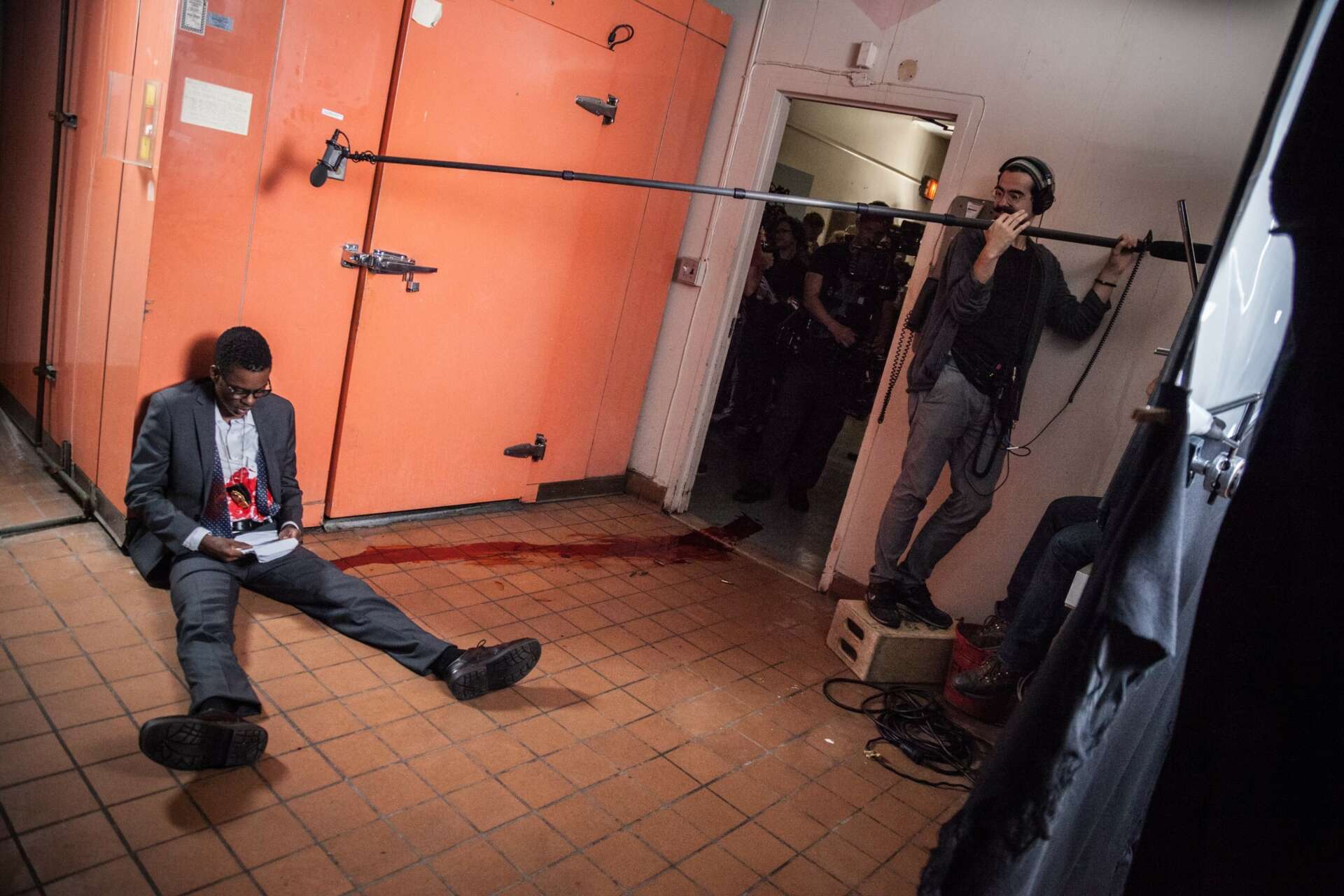

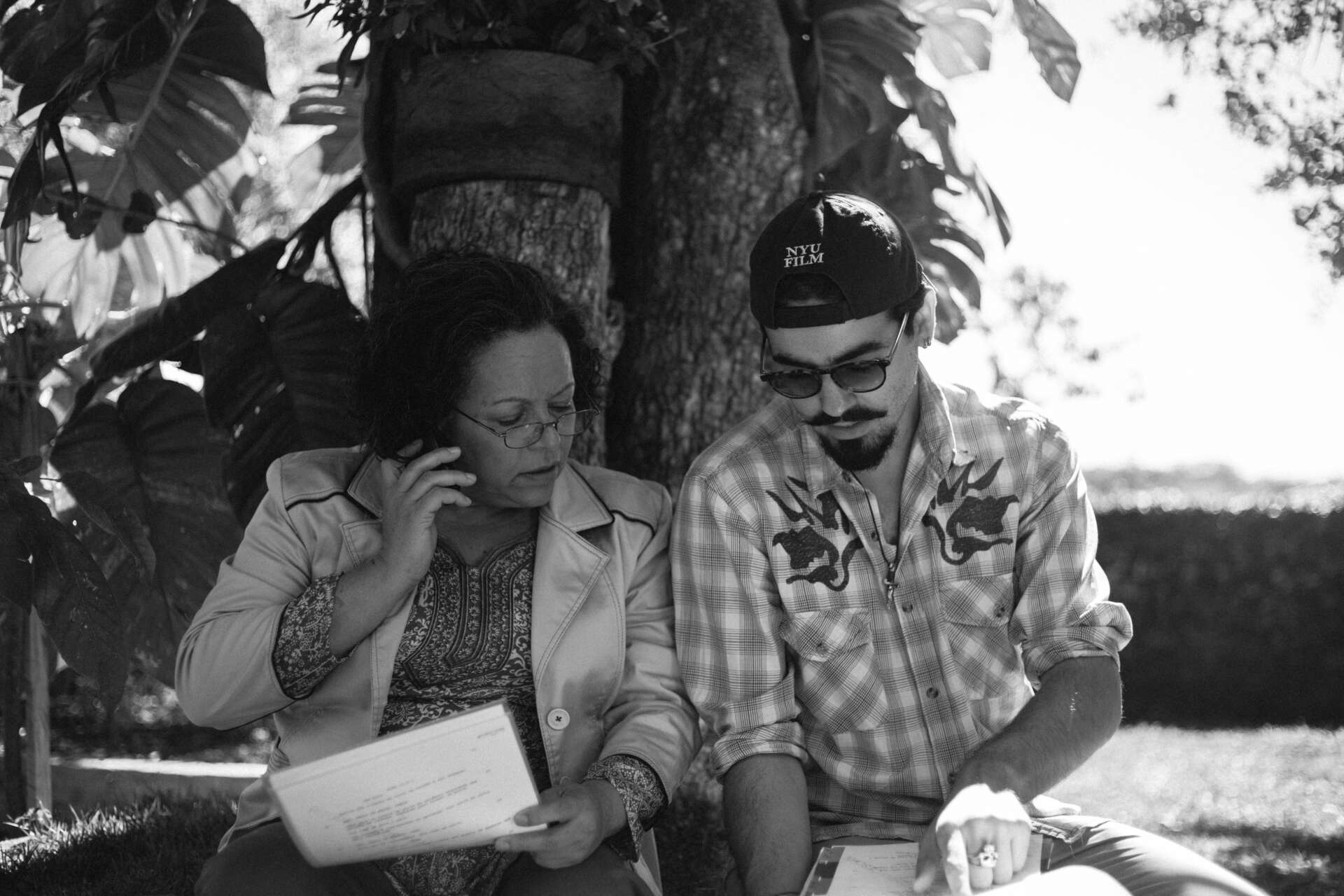

Awesome – so before we get into the rest of our questions, can you briefly introduce yourself to our readers.
I am a Brazilian immigrant who moved to America when I was 7 years old. One of my goals in life has always been to give the world more immigrant stories and perspectives, whether it’s through narrative fictions, cartoons, or documentaries (or all three mixed together). While my true passion lies in writing and directing, I bounce around all sorts of jobs to earn a living, like cinematography, commercial production, corporate videos, event photography or videography; really anything as long as it fits into my passion.
I’ve also been advising students at NYU Tisch Undergraduate Film and Television for a few years now. It feels wonderful to give back to a community that gave me so much.
Are there any books, videos, essays or other resources that have significantly impacted your management and entrepreneurial thinking and philosophy?
The book Rebel Without a Crew by Robert Rodriguez should be mandatory reading for any artist. It’s the story of how one of the greatest filmmakers of our time got a camera, a story, and passion, and with the help of his friends and family, made a full length feature film for 7,000 dollars. It’s extremely inspiring and lays out a lot of great principles regarding independent filmmaking.
Another great book unrelated to filmmaking that affects me on a daily basis is PO: Beyond Yes and No by Edward de Bono. It’s easy to get stuck in your career by thinking rigidly, and in a world rife with YES/NO thinking, it can be tough to find a solution around seemingly impenetrable problems. PO: Beyond Yes and No gave me tools to not only problem solve better myself, but tools to help others find solutions to their own problems, and filmmaking is really just a series of problem solving exercises stacked on top of each other.
Also: Cat’s Cradle by Kurt Vonnegut. That’s just a really good book.
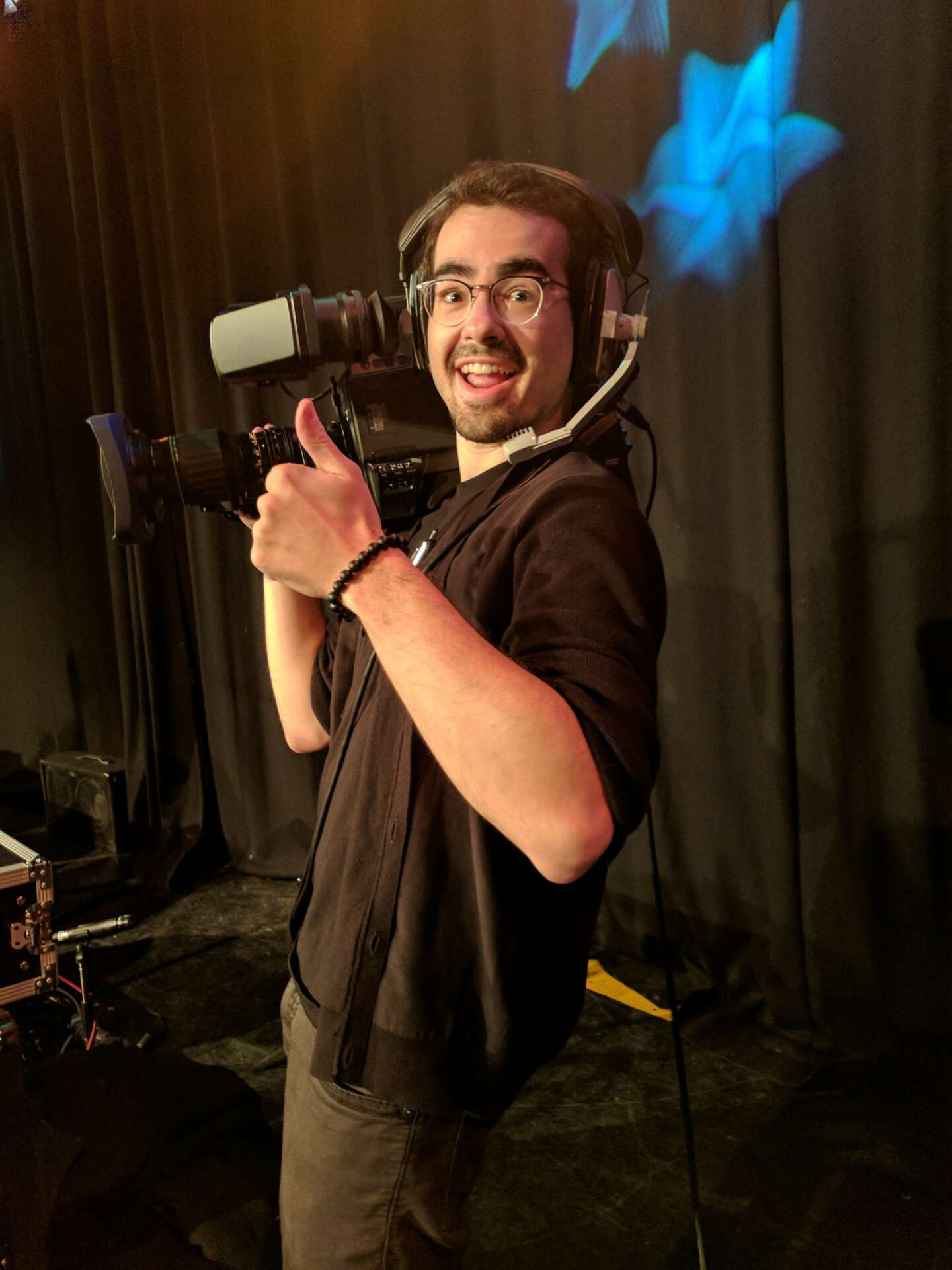
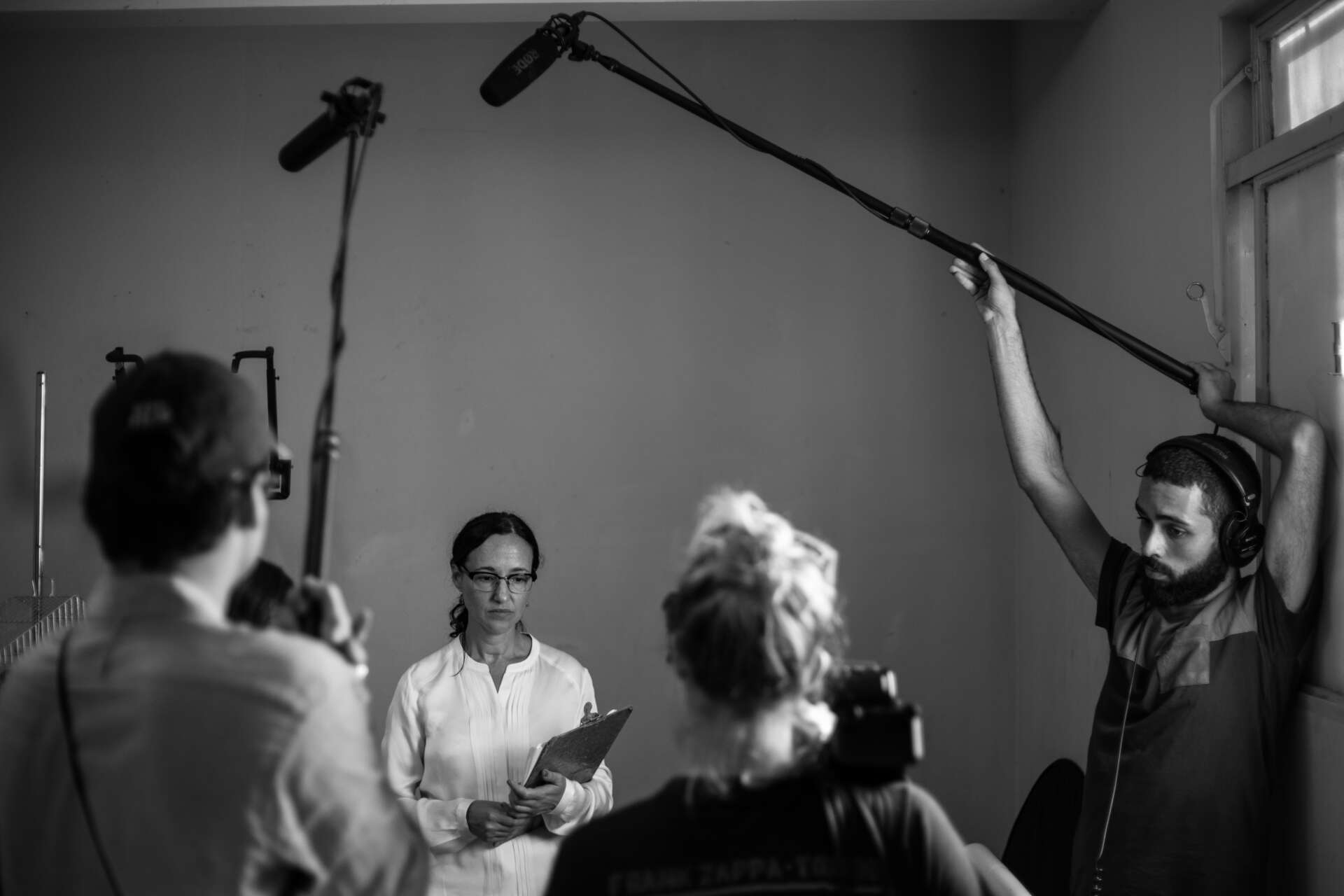
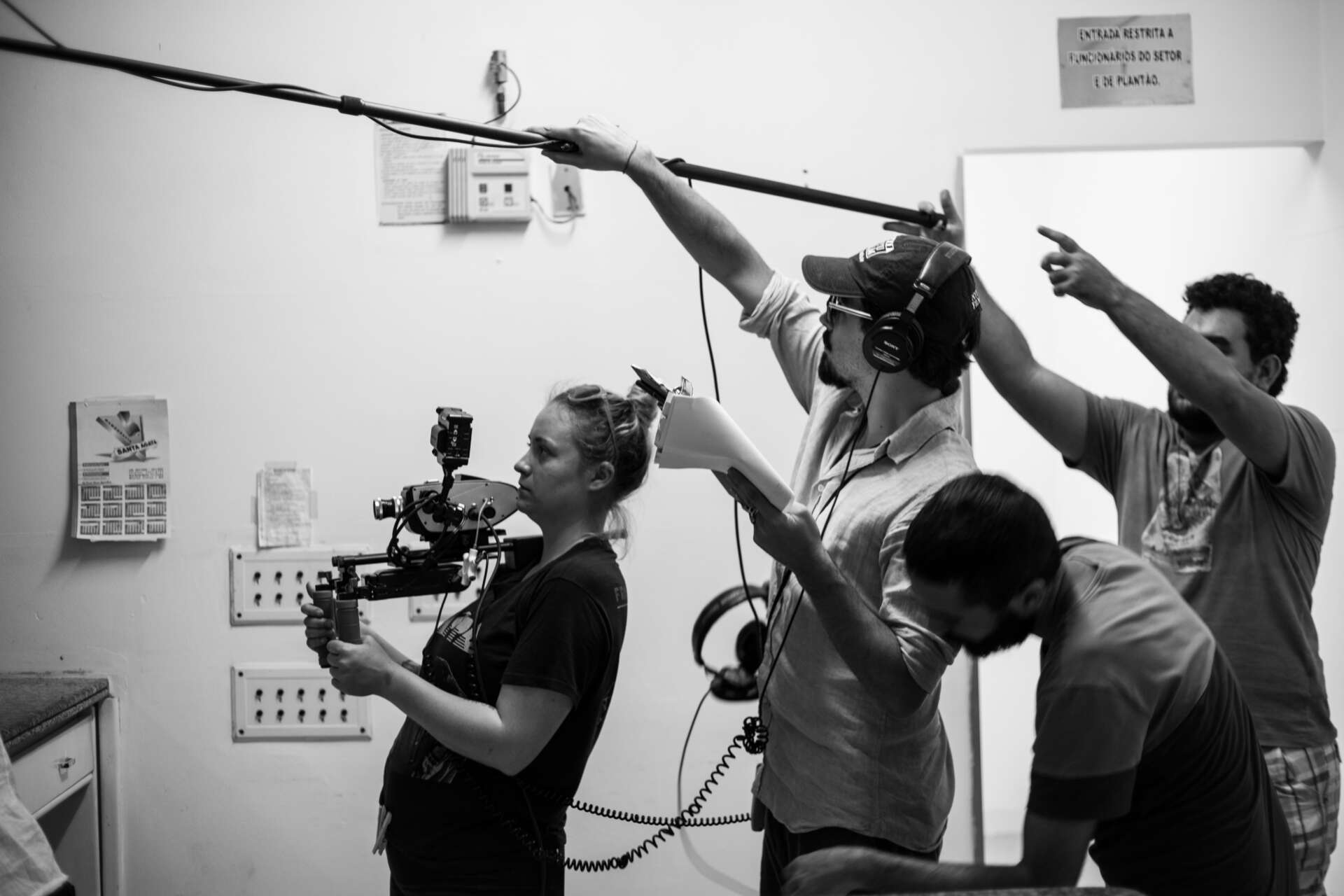
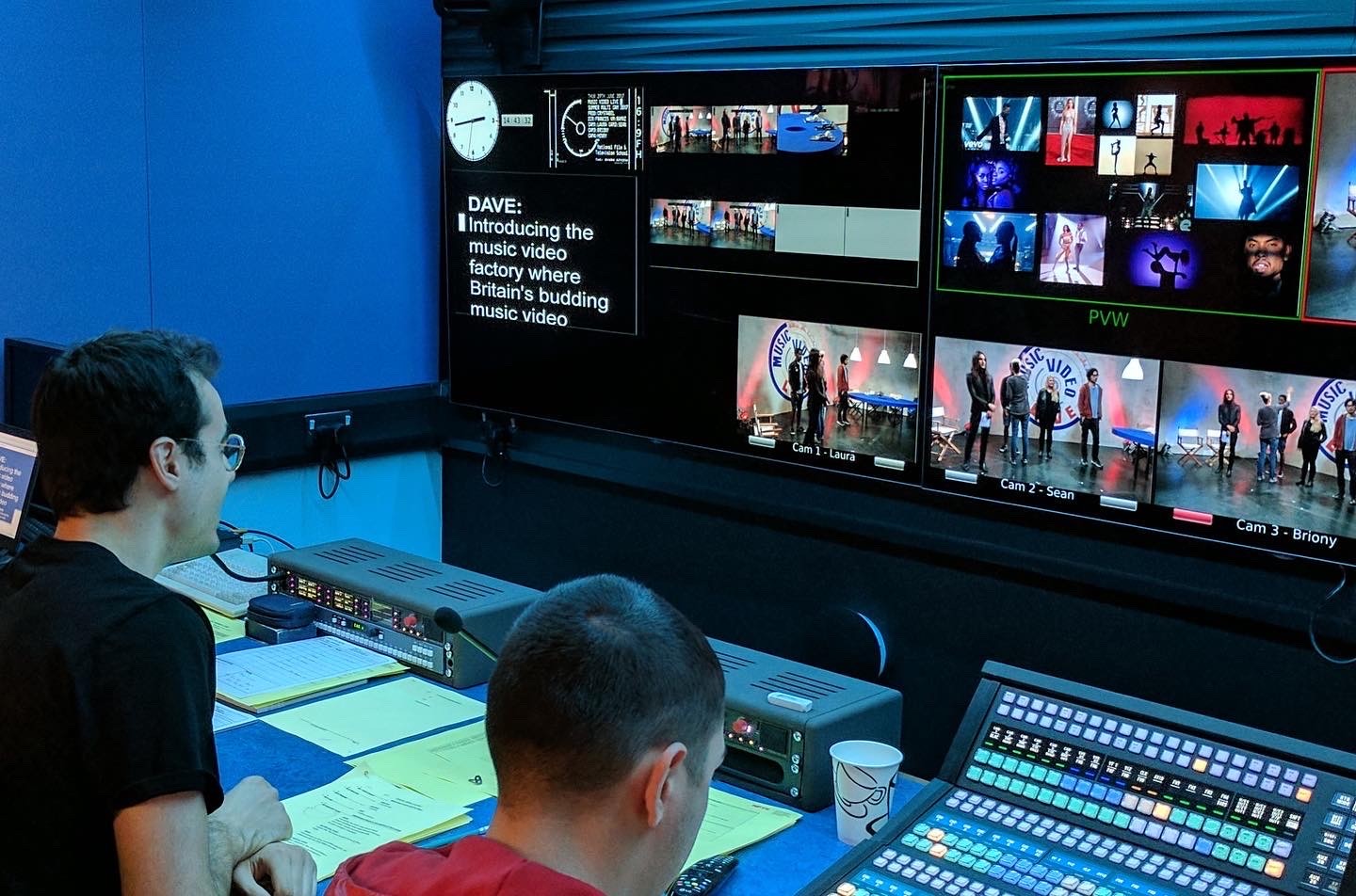
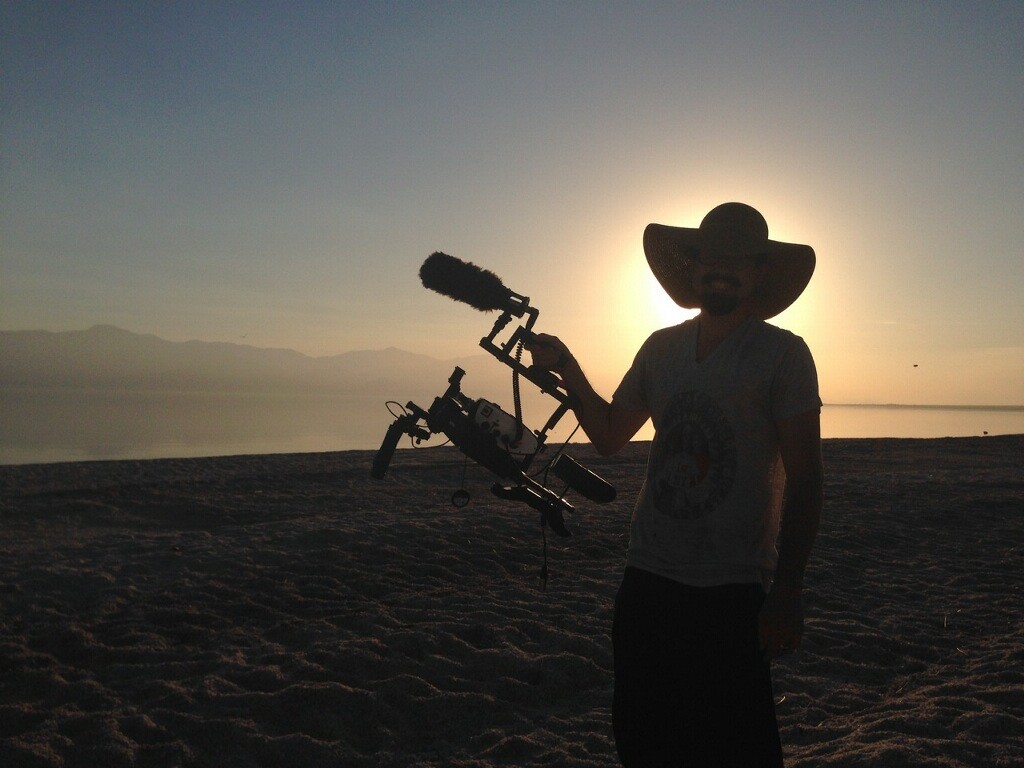
What’s the most rewarding aspect of being a creative in your experience?
This is going to sound cheesy as hell but really, the most rewarding aspect of being an artist/creative is the simple act of tapping into whatever force is out there that drives creativity and creating. I often tell students struggling to write that you can simply grab a piece of paper and pen and start writing anything, like “I AM WRITING ON THIS PIECE OF PAPER BLA BLA BLA” and if you do it for long enough, eventually you’ll look down and a story or insight or something meaningful will start materializing in front of your eyes, and sometimes, especially when it’s going good, it truly feels like it’s not you doing the creating at all(!) and you’re just acting as a vessel for this mysterious energy that drives art and gives you the strength to stay up for 20 hours straight editing your film until you collapse. The flip-side is that some people can’t find the time in the week to simply make art for art’s sake, which is a real shame, but even if you can get 15 minutes at the end of the day, grab a piece of paper and a pen, draw, write, whatever, just try, give yourself the space and time to create something, anything, without judgement, simply for the sake of creating. This act of creating art from nothing gives me strength and informs all aspects of my life, and I feel that this applies to anyone in the world, no matter your profession or goal.
Contact Info:
- Website: www.theFCC.info
- Instagram: @francis_ces, @oldbaldmen, @franwalksaround
- Linkedin: https://www.linkedin.com/in/francisceschin/
- Youtube: https://www.youtube.com/@francis_ces
- Other: www.vimeo.com/fces
Image Credits
the one where I am holding a boom over Chris Rock bleeding: Arin Sang-urai (@photojuice) the black and white photos: Neto Macedo (@netomac)


